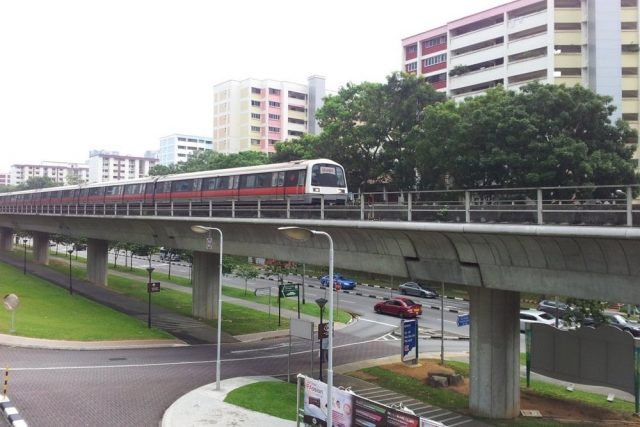Earlier this week, two young men lost their lives. They were new SMRT staff who met with a fatal accident because, apparently, someone or some people did not observe proper safety protocols. This is happening while the cases of Pte Dominique and the SGH Hepatitis C outbreak are still filling our newsfeed.
The deaths of Nasrulhudin Najumudin and Muhammad Asyraf Ahmad Buhari are totally preventable. It was an accident, no doubt, and some people may say that accidents are things that just happen. Indeed, this fatal accident seems almost so insignificant to our Minister of Transport that, in a Facebook post, he had to talk about the joyous celebration of train disruption-free milestones first, before he then talks about the two deaths.
Is the minister, the Ministry of Transport, or the Land Transport Authority now more concerned with 100-day, 150-day, and 200-day milestones as a KPI of SMRT’s performance?
In news reported the following day, we get more details concerning the circumstances of the accident. A train had somehow hit the two men. They weren’t supposed to be on the tracks. There were safety protocols in place. But the protocols were not followed. It’s sounding like blame has been implicitly deflected away from the authority. SMRT has procedures in place. But people on the ground were not following the procedures.
It’s still early to see how this story will pan out, but I don’t like how other cases are handled here.
Consider the case of Pte Dominique. Two officers were found liable for safety violations. They were dealt with in a military court. The mother of Pte Dominique sued in a civilian court, and her case was thrown out, because the law prevents the armed forces and their men from being sued for civil wrongdoing when they are in the line of duty.
It was only after immense public pressure that we were finally told what sort of punishments the two officers in the case of Pte Dominique’s death received. A fine, and a delay in promotion. That’s it. The chief safety officer, whom is chiefly responsible for safety, could not do his job properly. Instead of being properly punished, his was still promoted, albeit just delayed. The punishment was simply a one year delay in promotion?
To add more insult to it, Dr Ng Eng Hen was reported saying:
“Both officers have suffered a setback in their careers. The monetary cost of the promotion delays is significant, amounting to about half of their total annual salaries” – Dr Ng
Please let me work out the math for you. The monetary cost of the one year delay in promotion was half the annual salary. If his new annual salary was $100K, it means he missed out on $50K, which puts his original salary at $50K. Excuse me, I must have misunderstood something. Did this fella, for having breached safety protocols, get handsomely rewarded with a 100% increment in his salary?! Even if the delay was, say, 18 months, we’re still looking at a 50% increment!
That is absolutely ludicrous.
In the other case of the SGH Hepatitis C outbreak, 12 staff in leadership positions were disciplined merely through stern warnings and financial penalties. They can’t be named. I suppose unlike the case with the armed forces, there is no Government Proceedings Act to protect those leadership people, so they now cite reasons of staff confidentiality to not name them.
Both cases are strikingly similar. We’re basically being told: “We’ve dealt with the matter, let’s just move on. Case is closed.”
Now, with the death of two SMRT staff, the situation right now is that someone did not follow safety protocols. Are we going to be told, yeah, someone was bad, the matter has been dealt with, and just to move on again?
I hope not. That safety procedures weren’t followed is likely a systemic thing. I don’t believe that this is the first time ever that safety protocols were violated. Surely someone knew about the safety hazards. Surely, you’d expect senior management to ensure a culture of safety prevails throughout the organisation. Surely, you’d expect senior management to ensure the needful to check and audit their operations and safety procedures. How could such an incident have happened in the first place?
Please don’t just blame the peons.

View Comment Policy